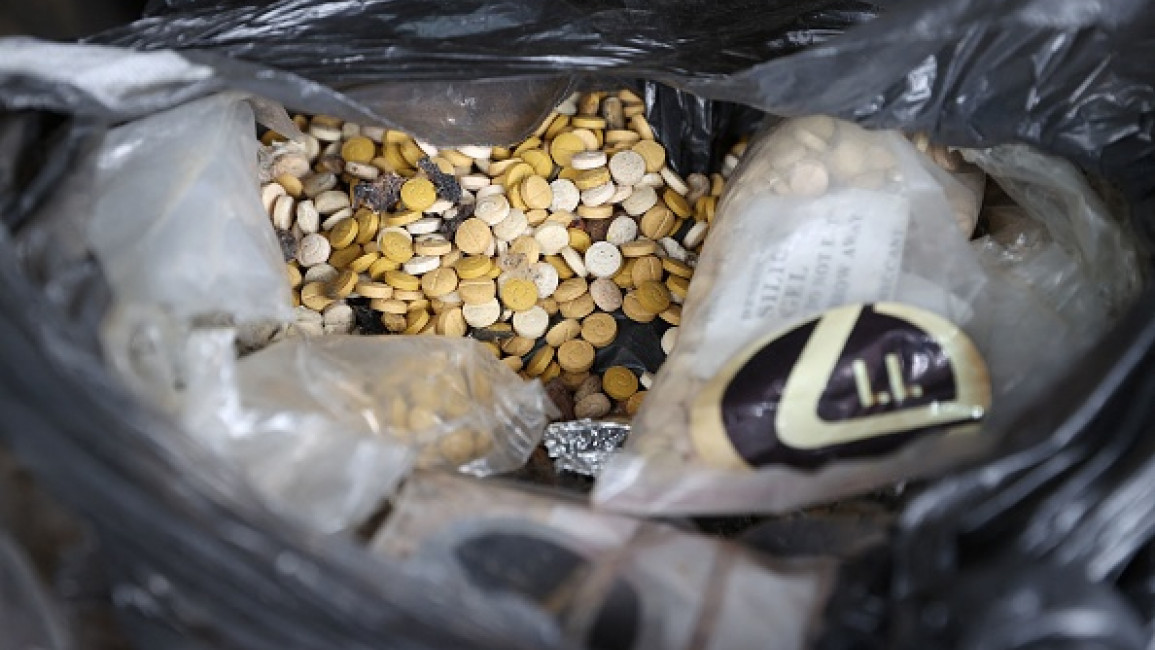Kurdistan security forces foils attempt to smuggle 'drug-infused books' to the United Kingdom
Security forces in Sulaimaniyah province of the Iraqi Kurdistan Region announced Tuesday that they thwarted an attempt to smuggle books filled with drugs heading to the United Kingdom.
According to a statement obtained by The New Arab, the Anti-Drug Directorate of the Kurdistan Region's Security Agency confiscated 44 books that were filled with liquid amphetamine, commonly known as crystal meth. The operation, based on prior intelligence and meticulous surveillance, revealed that the smugglers intended to introduce the drugs into Kurdistan using an innovative transit method before trafficking them to the UK.
Kurdish security forces arrested a suspect, with judicial approval, and seized all the 'drug-infused books'. The suspect is currently detained under Article 26 of the Anti-Drug and Psychotropic Substances Law, and an investigation is ongoing, the statement added.
In related news, Iraq has experienced a significant increase in drug trafficking and consumption. The United Nations Office on Drugs and Crime (UNODC) reported record seizures of Captagon, a potent stimulant, last year, with a value estimated between US$84 million and US$144 million.
Captagon seizures have tripled from 2022 to 2023, with quantities 34 times higher than in 2019. Once used for narcolepsy and attention disorders, Captagon is now trafficked extensively through the Middle East, with Syria as the primary source and Saudi Arabia as the largest market.
Additionally, Iraq is becoming a major conduit for methamphetamine, primarily produced in Afghanistan and destined for the Gulf and Europe. Seizures of methamphetamine in Iraq surged almost sixfold in 2023 compared to 2019. The rise in domestic drug use, exacerbated by ongoing conflict, has led the Iraqi government to strengthen its anti-drug efforts.
In response to the escalating crisis, Prime Minister Mohamed Shia al-Sudani has called for increased regional cooperation to address the drug trade. Under pressure from Gulf states, regional governments are also intensifying their efforts to combat the growing drug problem.







 Follow the Middle East's top stories in English at The New Arab on Google News
Follow the Middle East's top stories in English at The New Arab on Google News

![Aid Gaza [Getty]](/sites/default/files/styles/image_330x185/public/2010004231.jpeg?h=cb957c44&itok=NpHeiZFt)
